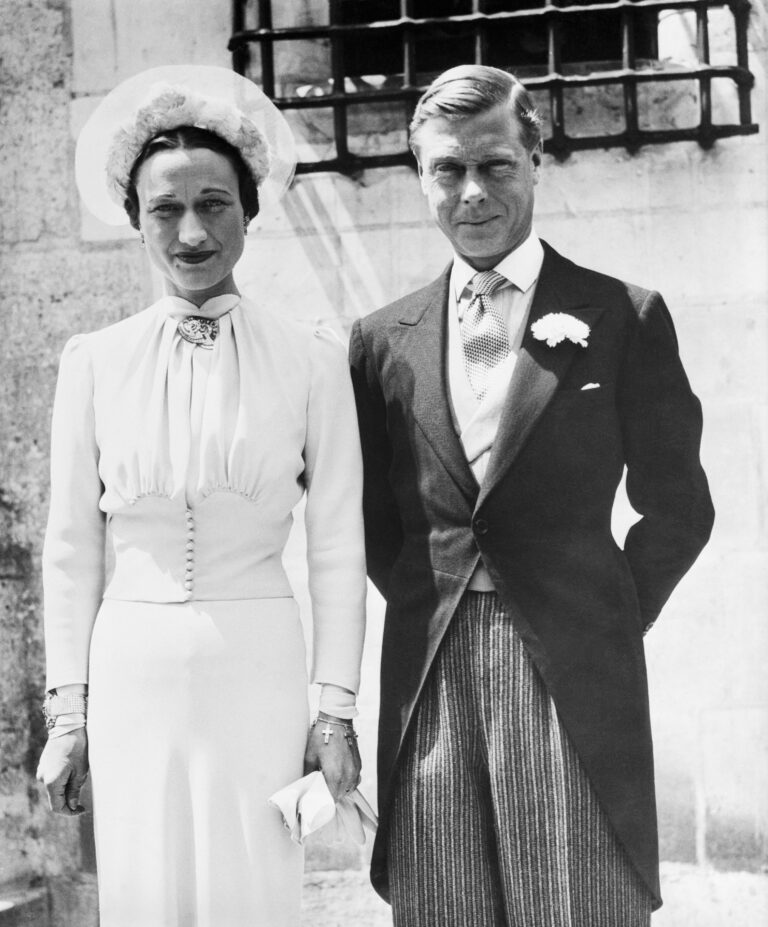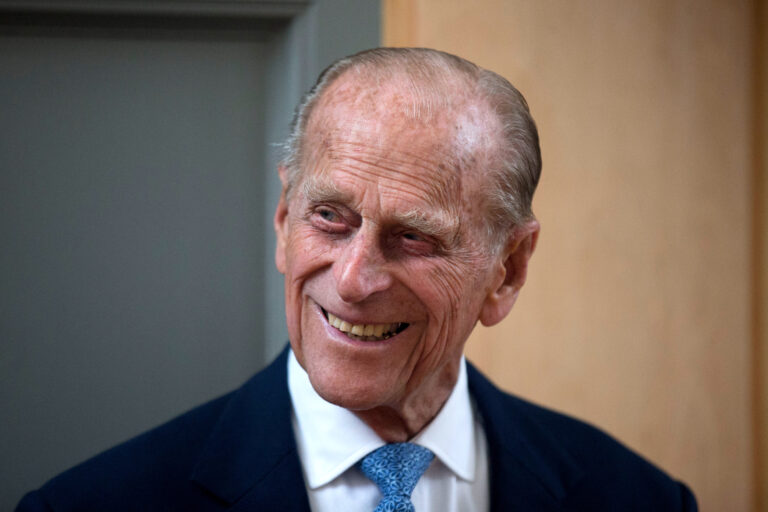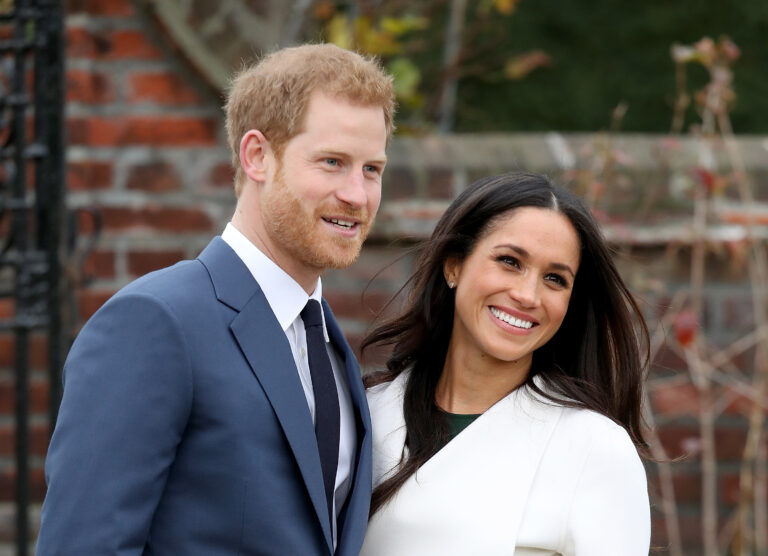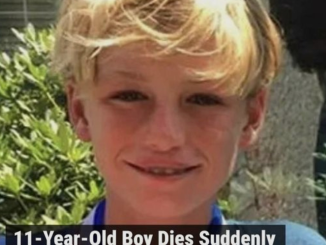According to a royal expert, the late Prince Philip had a rather pointed nickname for the Duchess of Sussex, and it wasn’t so kind.
The nickname suggested a comparison to Wallis Simpson, the controversial wife of the former King Edward VIII, drawing parallels between Meghan Markle and Wallis, both American and divorced when they married into the royal family.
Prince Philip supposedly referred to Meghan with a name that made reference to this connection.
Wallis Simpson and King Edward VIII
Wallis Simpson, an American divorcée who became the Duchess of Windsor, was one of the most controversial royal figures in recent history after King Edward VIII decided to abdicate the throne in December 1936 (after less than a year as a monarch) to be able to marry her.

At the time, royals were prohibited from entering into a marriage with a divorced person – a rule that did not change until 2002, just three years before the then-Prince Charles married Camilla, per the Royal Observer.
Following King Edward and Wallis Simpson’s marriage, they were not allowed to return home without the permission of his brother, the new King George VI, as there were fears it could potentially cause public unrest, Vogue detailed.
During their years of exile, the Duke and Duchess of Windsor constantly attracted headlines – with one of their most shocking incidents occurring in 1937 when they visited Nazi Germany and were photographed giving the notorious Nazi salute upon meeting Adolf Hitler.
Prince Philip’s brutal nickname
Royal biographer Ingrid Seward shed light on Prince Philip’s perspective during an interview with GB News, suggesting that he thought Meghan and Wallis Simpson had many similarities, leading to the adoption of a discreet nickname for the Duchess of Sussex.
Allegedly Prince Philip, who Seward says was known for his astute judgment of character, couldn’t overlook the resemblances between Meghan and Prince Harry and Edward and Mrs. Simpson.

“I think that Prince Philip was very canny about people and he didn’t always see bad in people, he often tried to see the good in them,” Seward said.
“He just could not get away from the similarities between Meghan and Harry and Edward and Ms Simpson, which his why he used to call her the Duchess of Windsor. Not to her face though, he used to call her DOW,” she added.
In her book ‘My Mother and I‘, Seward delved further into Prince Philip’s reservations about Meghan, describing him as “wary” of the former Suits actress and her potential impact on the royal family.
While Prince Philip saw Meghan as potentially disruptive, Queen Elizabeth II held “high hopes” for her, indicating differing perspectives within the royal family regarding Meghan’s role and influence.

Prince Harry and Meghan Markle left royal life
Since stepping back from their royal duties in 2020 and relocating to California, Meghan and Harry have maintained a relatively low profile within the royal sphere.
While Harry is set to visit the UK for the 10th anniversary of the Invictus Games, with a service to be held at St. Paul’s Cathedral on May 8, according to the Daily Express. Meghan is expected to remain in the US, citing safety concerns and a desire to avoid stirring up controversy.
Despite occasional returns to the UK for significant events like Queen Elizabeth II’s funeral in 2022, Meghan has opted out of attending others, such as King Charles III’s coronation, which Harry attended alone last year.
It’s clear that Meghan is choosing to prioritizing her safety and peace amidst constant scrutiny and public interest in her relationship with the royal family.
What did you think of this story? Be sure to let us know in the comments!
Jim Caviezel Takes a Stand: Refuses to Work with Robert De Niro

Unexpectedly, Jim Caviezel, an actor, made news when he openly declared that he would never collaborate with Oscar winner Robert De Niro. Widely known for his performance as Jesus Christ in Mel Gibson’s “The Passion of the Christ,” Caviezel has called De Niro a “wretched, ungodly man.” This audacious claim has spurred a spirited discussion over the viability of personal convictions and business partnerships in Hollywood.

Devoted to Christianity and renowned for his unshakable adherence to moral values, Caviezel has been transparent about his religious beliefs. These ingrained convictions have informed his choice to keep his distance from Robert De Niro. Although Caviezel did not elaborate on their falling out, it is obvious that his decision is the result of a disagreement with his values. The actor feels that there is a difference between De Niro’s public persona and his previous actions, and he wants to work on projects that are consistent with his own moral principles.
This incident calls into question how performers manage their own convictions in the politically charged and cooperative world of Hollywood. While diversity of thought and expression has always been respected in the profession, there are increasingly more examples of actors setting boundaries based on personal principles. Caviezel’s reluctance to collaborate with De Niro is indicative of a shifting society in which people are more willing to stand by their values, even if doing so puts them in danger of losing their jobs.
The entertainment business has seen firsthand how an actor’s public remarks may help or hurt their career. Although Caviezel’s refusal to work with De Niro might win him over to supporters who share his values and respect his dedication to his convictions, it also raises questions about possible negative effects on his future partnerships and how business people view him. Some people would proceed cautiously with such public pronouncements, and it’s still unclear how this incident will affect Caviezel’s professional path.
One of the key characteristics of Caviezel’s public presence has been his strong Christian faith. He gained notoriety as an actor willing to take on parts that align with his spiritual beliefs because to his depiction of Jesus Christ in “The Passion of the Christ.” The argument with De Niro highlights the difficulties actors encounter in trying to uphold their morality in a field notorious for its complexity and moral ambiguities.
Beyond the specific performers engaged, consideration of the larger ramifications for Hollywood and the entertainment business at large is prompted by Caviezel’s refusal to collaborate with De Niro. The continuous conflict between individual convictions and the collective process of filmmaking is brought to light by this incident. There may be a change in the dynamics of the industry if more actors choose to use their platforms to voice their ideals and stand up for causes that are important to them.
The topic of how personal beliefs and professional obligations intersect in Hollywood has gained attention as a result of Jim Caviezel’s resolute refusal to work with Robert De Niro on moral reasons. The narrow line that separates personal ethics from the communal spirit that characterizes filmmaking is brought to light by this incident. The conflict between Caviezel and De Niro highlights the difficulties and complications experienced by performers who work hard to be true to their values as the entertainment business strives to negotiate these intricacies.



Leave a Reply